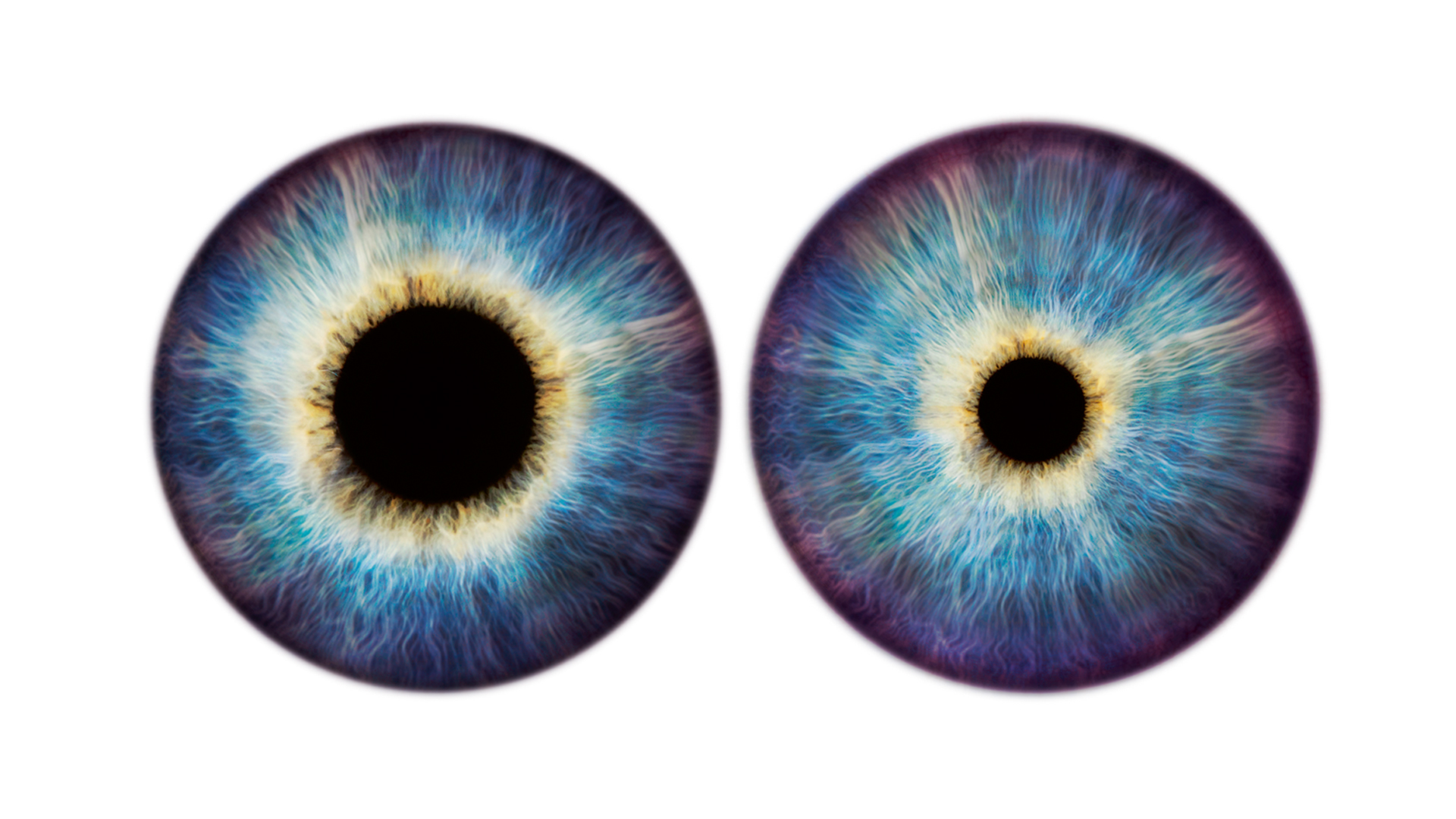Join us at Scientifica 2023!
D-ITET will be present at this year's Scientifica on September 2 and 3 with exciting exhibit booths and short lectures. Scientifica is the largest science festival in Switzerland during which participants and visitors experience a week of research and science in direct exchange with researchers.

This year's theme is "What holds the world together" and the programme includes topics such as water supply, geriatric medicine and the circular economy. Exclusive workshops, short lectures and guided tours round off the exhibition.
Where D-ITET is involved
Electronic brains in action
Not every instance of artificial intelligence necessitates extensive computational capacity. Utilizing electronic parts and circuits, it's possible to create compact devices that emulate the functioning of actual brains. These devices can autonomously learn and tackle problems.
This exhibition is organised by the Institute of Neuroinformatics at the University of Zurich and ETH Zurich, including Prof. Giacomo Indiveri from D-ITET. external page More information
Magic Cube
The sequence commences with a storm: the Magic Cube, an enigmatic geometric entity, is struck by lightning. This event triggers a complete power outage in the alternate realm known as "Elektron." Electric vehicles, factories, microscopes, streetlights—every aspect is disrupted and non-functional.
The Magic Cube was created through a collaboration between mint & pepper, which is Wyss Zurich's project focused on nurturing young talent, and the Department of Information Technology and Electrical Engineering at ETH Zurich. external page More information
Smart sensors for autonomous cars and drones
Smart sensors that provide real-time data are essential in many industries today. Experience the potential of this technology first-hand with an autonomous car race and self-flying nano-drones.
The D-ITET Center for Project-Based Learning is a research group led by Michele Magno that specialises in applications for intelligent sensors in autonomous robotic systems. external page More information
Floating particles in the laser trap
The trajectory of our planet is governed by various influences. Gravitational force maintains Earth and the planets within their orbits around the sun. The electric motor within our e-bike is propelled by the Lorenz force. Additionally, powerful forces are at play within atomic nuclei, subsequently unleashed in nuclear reactions.
This short lecture will be given by Prof. Martin Frimmer, Senior Scientist at the Photonics Laboratory at ETH Zurich. external page More information
How songbirds learn
Richard Hahnloser, a neuroscientist, explores the neural principles behind songbird vocal learning and imitation. He employs experimental and theoretical models to study signal processing in songbird neurons, seeking to unravel the neural networks of the song system and clarify how they adapt structurally and functionally due to environmental factors.
This short lecture is given by Prof. Richard Hahnloser at the Institute of Neuroinformatics. external page More information
Diving into net-zero Switzerland with augmented reality
By 2050, Switzerland aims to produce almost no greenhouse gases. To realize this objective, a range of strategies spanning different domains, including transportation, energy provision, and farming, will be implemented. Explore the concept of Switzerland achieving a net-zero energy system through augmented reality.
This exhibition is presented by the Energy Science Center of ETH Zurich. external page More information